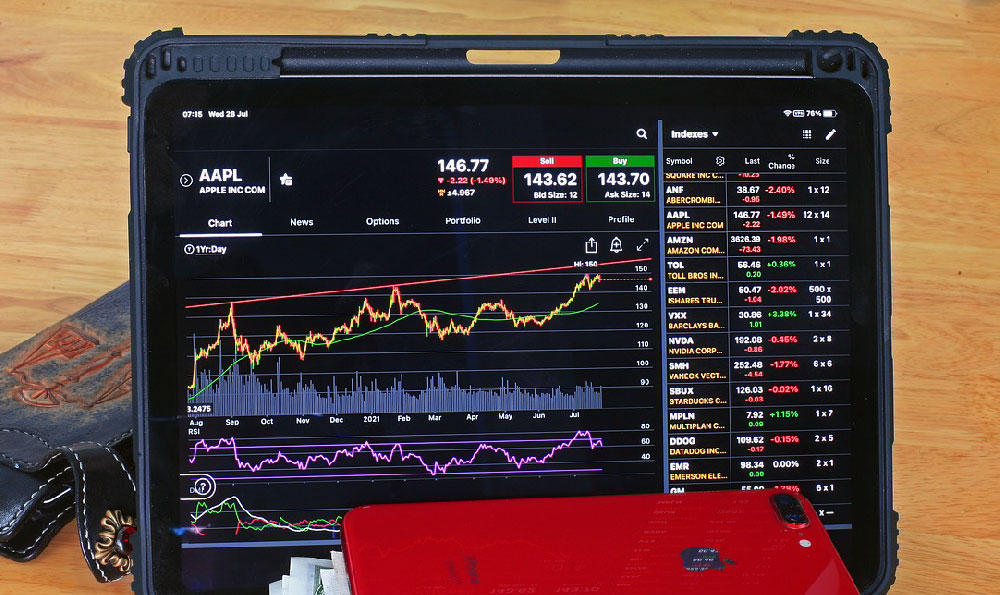Forex (Foreign Exchange) investment, the practice of speculating on the fluctuating values of different currencies, beckons with the allure of substantial returns and global accessibility. However, the Forex market is a complex and volatile arena, demanding a thorough understanding and a strategic approach. For those contemplating their initial foray into Forex, a clear roadmap is essential to navigate the potential pitfalls and capitalize on the opportunities.
The first step towards Forex investment is education. Before committing any capital, aspiring traders must dedicate time to understanding the fundamental principles of Forex trading. This includes learning about currency pairs (e.g., EUR/USD, GBP/JPY), exchange rates, leverage, margin, and the various factors that influence currency valuations, such as economic indicators, political events, and global news. Online resources abound, including educational websites, webinars, and demo accounts offered by Forex brokers. A demo account allows you to practice trading with virtual money, simulating real market conditions without risking actual funds. This provides invaluable experience in applying learned concepts and developing trading strategies.
Choosing a reputable Forex broker is paramount. Brokers act as intermediaries, providing access to the Forex market and facilitating trades. Look for brokers that are regulated by reputable financial authorities, such as the Financial Conduct Authority (FCA) in the UK, the Securities and Exchange Commission (SEC) in the US, or the Australian Securities and Investments Commission (ASIC) in Australia. Regulation ensures that the broker adheres to certain standards of financial conduct and offers a degree of protection to traders. Compare the platforms, spreads (the difference between the buying and selling price of a currency pair), commissions, and customer support offered by different brokers before making a decision. A user-friendly platform with reliable execution is crucial for effective trading.

Developing a trading strategy is crucial for consistent success in Forex. A well-defined strategy should outline entry and exit points, risk management techniques, and the specific currency pairs you intend to trade. There are various trading styles, including day trading (holding positions for a few hours), swing trading (holding positions for several days), and long-term trading (holding positions for several weeks or months). The choice of trading style depends on your time commitment, risk tolerance, and preferred investment horizon. Fundamental analysis involves studying economic data and news events to predict currency movements, while technical analysis uses charts and indicators to identify patterns and trends. Many traders combine both fundamental and technical analysis to make informed trading decisions.
Risk management is arguably the most important aspect of Forex trading. The use of leverage, which allows you to control a larger position with a smaller amount of capital, can amplify both profits and losses. Therefore, it is essential to use leverage prudently and implement risk management tools, such as stop-loss orders (automatically closing a position if it reaches a certain loss level) and take-profit orders (automatically closing a position when it reaches a certain profit level). Never risk more than you can afford to lose, and always have a clear understanding of the potential risks involved in each trade. A common rule of thumb is to risk no more than 1-2% of your trading capital on any single trade.
Staying informed about market developments is crucial for adapting your trading strategy and making informed decisions. Follow economic calendars, which provide information on upcoming economic releases, such as GDP figures, inflation data, and interest rate announcements. These releases can significantly impact currency valuations. Monitor news headlines and geopolitical events that could affect the currencies you are trading. Numerous financial news websites and economic analysis resources are available online.
Now, addressing whether Forex investment is right for you is a crucial consideration. Forex trading is not a get-rich-quick scheme. It requires dedication, discipline, and a willingness to learn and adapt. It is also inherently risky, and losses are possible, especially for those who are not adequately prepared.
Consider your risk tolerance. Are you comfortable with the possibility of losing some or all of your investment? Forex trading can be emotionally challenging, as market fluctuations can be rapid and unpredictable. If you are easily stressed or anxious, Forex trading may not be a suitable investment option for you.
Evaluate your time commitment. Successful Forex trading requires time to research, analyze charts, and monitor your positions. Can you dedicate the necessary time to learning about Forex trading and actively managing your investments? If you have limited time, consider other investment options that require less active management.
Assess your financial situation. Forex trading should only be undertaken with disposable income that you can afford to lose. Do not invest money that you need for essential expenses, such as rent, food, or medical care.
Finally, consider alternative investment options. Forex trading is just one of many ways to invest your money. Depending on your risk tolerance, financial goals, and time horizon, other options, such as stocks, bonds, mutual funds, or real estate, may be more suitable.
In conclusion, Forex investment presents opportunities for profit, but it also carries significant risks. It is essential to approach Forex trading with a solid understanding of the market, a well-defined trading strategy, and a disciplined approach to risk management. Carefully consider your financial situation, risk tolerance, and time commitment before making a decision. If you are unsure whether Forex trading is right for you, seek advice from a qualified financial advisor. The path to successful Forex trading is paved with education, preparation, and a healthy dose of caution.












